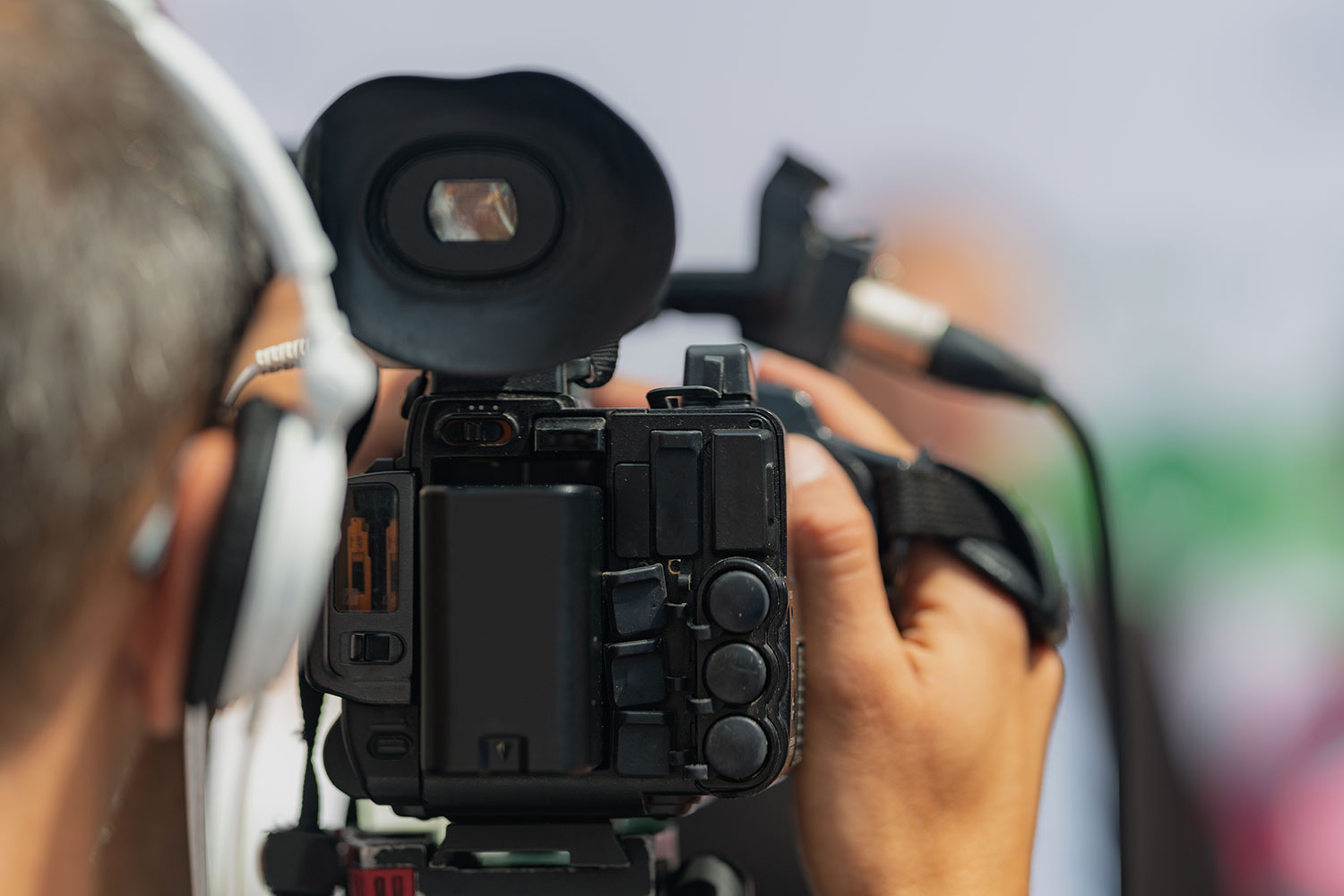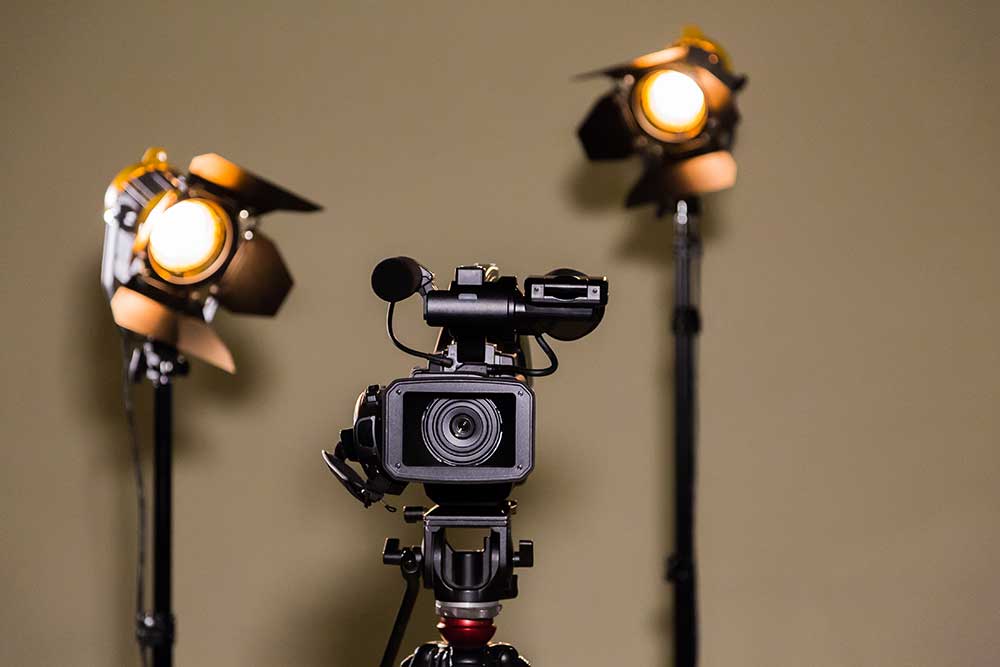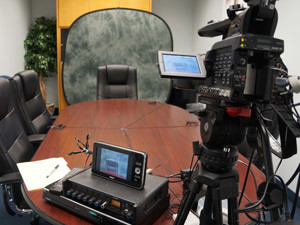Reliable Legal Videography for Courtroom Documentation.
Reliable Legal Videography for Courtroom Documentation.
Blog Article
The Function of Legal Videography in Depositions and Trials
Lawful videography has actually arised as a necessary tool in both depositions and tests, providing a diverse technique to documenting witness testimonies. As lawful specialists progressively acknowledge its worth, it prompts a deeper evaluation of exactly how these aesthetic records can affect juror assumptions and trial end results.

Importance of Legal Videography
Legal videography plays a crucial function in the documentation and presentation of depositions and tests. This specific field combines technical abilities with lawful expertise to develop a trustworthy document of procedures that can significantly influence situation end results. The appearance of lawful videography enhances the understanding of witness statement, enabling jurors and courts to observe not only the talked words yet additionally the temperament, emotions, and body movement of the witnesses.
On top of that, lawful videography provides an objective account of occasions, reducing the capacity for misinterpretation that can take place with written transcripts alone. This aesthetic documentation offers as an important device throughout trial presentations, assisting in a clearer and more convincing narrative for both complainants and defendants. Furthermore, the ability to replay video clip sectors throughout court proceedings allows legal groups to stress bottom lines, reinforcing their arguments properly.
The importance of lawful videography prolongs past the court; it also plays an essential function in preserving proof for future reference, whether for allures or additional lawsuit. Because of this, its assimilation into the lawful procedure is important for making sure a reasonable and precise depiction of the truths, inevitably adding to the search of justice.

Process of Legal Videography
While catching the subtleties of depositions and tests, the procedure of lawful videography involves a number of important steps that guarantee top notch, accurate recordings. Initially, an expert lawful videographer prepares by examining the case materials and understanding the particular requirements of the deposition or trial. This prep work consists of familiarizing themselves with the participants and the context, which aids in capturing essential information.
On the day of the recording, the videographer establishes up the necessary devices, which normally consists of high-def electronic cameras, microphones, and correct lights. Ensuring optimum angles and audio top quality is critical, as it straight influences the performance of the recording. The videographer connects with lawyers and individuals to establish protocols, ensuring that every person recognizes the recording procedure.
Throughout the deposition or test, the videographer thoroughly tapes the procedures, paying close interest to both verbal and non-verbal cues. This consists of catching the behavior and reactions of witnesses and attorneys. After the session ends, the videographer might edit the footage for quality and conformity with legal requirements, producing a last item that accurately reflects the process for future recommendation and use in lawful contexts.
Benefits in Depositions
The consolidation of videography in depositions provides numerous benefits that enhance the total procedure of gathering proof. One main advantage is the ability to catch witness testimonies with aesthetic and auditory integrity, offering a more exact representation of the witness's demeanor, tone, and body language. This click reference multidimensional technique permits lawyers and juries to analyze reputation a lot more effectively than standard written transcripts alone.
In addition, videographed depositions serve as an effective tool for protecting testimony. Must a witness become not available for test, their taped deposition can be played in court, making sure that their proof stays available and appropriate. This element dramatically decreases the risk of losing crucial info that can impact situation end results.

Lastly, videography enhances the overall professionalism and reliability of the deposition process, instilling confidence in clients concerning the thoroughness of their lawful depiction (legal videography). By leveraging innovation, attorneys can substantially enhance the efficiency of depositions
Influence On Trials
In numerous tests, the integration of videography can significantly affect the discussion of evidence and the jury's assumption. Lawful videography catches witness testimonies and crucial evidence in a dynamic format, permitting jurors to involve with the material on multiple degrees. This visual component boosts the storytelling facet of a test, offering context and psychological resonance that traditional text-based proof may do not have.
Additionally, video recordings can work as powerful devices for impeachment throughout cross-examination. When disparities develop between a witness's previous statements and their court room statement, video clip evidence supplies an objective referral that can persuade jurors' opinions. This immediacy and clearness can reinforce the credibility of a celebration's narrative while all at once weakening opposing debates.

Future Trends in Legal Videography
As we look towards the future of lawful videography, a number of emerging patterns promise to reshape its duty within the courtroom. One substantial fad is the integration of synthetic intelligence (AI) in video analysis and editing. AI can simplify the more helpful hints process of recognizing vital moments in taped depositions, enabling attorneys to rapidly access pertinent content, consequently improving efficiency in case preparation.
Additionally, the rise More Help of online fact (VR) and boosted truth (AR) innovations is expected to change exactly how jurors experience evidence. legal videography. By submersing jurors in a substitute environment, these modern technologies can provide an extra extensive understanding of complex scenarios, bring about even more educated deliberations
In addition, the boosting demand for remote depositions, accelerated by the COVID-19 pandemic, will likely proceed. Legal videographers will certainly need to adapt to brand-new software application and platforms to make certain high-grade recordings in online settings.
Last but not least, the growing focus on data safety will require stricter protocols for keeping and sharing video proof. As the lawful landscape progresses, legal videographers need to stay abreast of these fads to preserve their relevance and performance in the judicial process.
Final Thought
In summary, lawful videography serves a vital function in the judicial procedure, enhancing the stability of depositions and tests. By capturing the subtleties of witness testimonies, this tool not just preserves crucial evidence however also aids in offering info properly to jurors. The significance of aesthetic documentation in examining credibility and assisting in interrogation can not be overstated. As innovation remains to advance, legal videography is poised to more change its role within the legal landscape.
Report this page